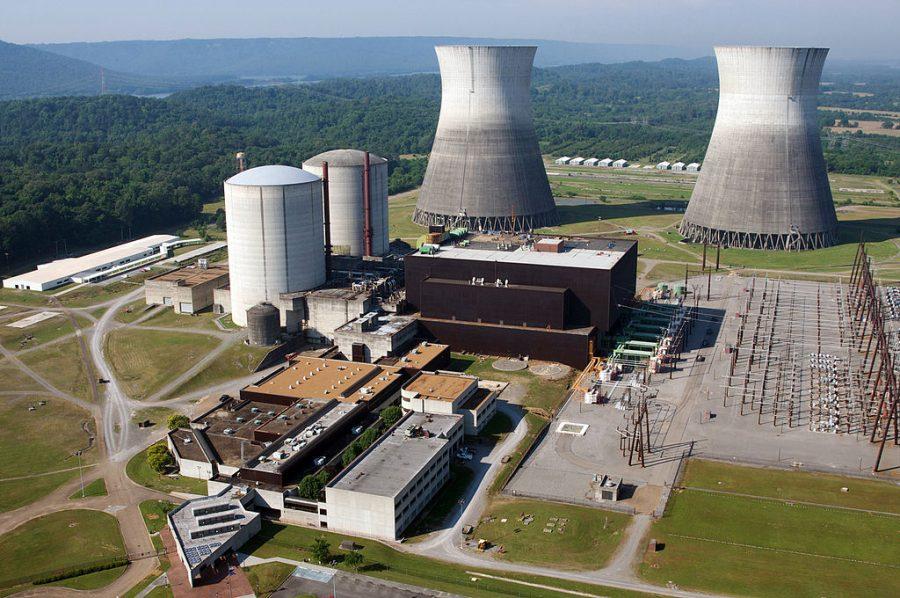As I walked around campus this October, I noticed something off. There’s the typical Halloween decorations, leaves falling and of course the stress of midterms. The only difference is that it is now November, and I am still wearing shorts and a tank top. The year 2016 has been the hottest year on record, and I for one have noticed. Climate change is here, and it is not going anywhere.
Climate change is an emergency. Alabama is one example of the immediate need for action, as the state is currently in it’s worst drought in history. If we continue to rely on coal and natural gas to power the majority of our grid system for the next 20 years, the damage will be irreparable. If America is going to lead the shift toward renewable energy it is time to take responsibility, and even though the public has known about climate change for years it seems we have done little to reduce our impact.
In order to make the change necessary to begin reversing this damage we would have to radically adjust the way we go about our day to day lives. It seems most people aren’t ready to do that. We need time to acclimate to sustainable living, but we don’t have the luxury of waiting around. Instead, we should focus on a short term solution to lessen the impact of electricity production. One way this can be achieved is through the rapid expansion of nuclear energy.
Nuclear energy is a term that incites fear. Typically, people immediately think of instances such as Chernobyl and Fukushima, two horrific nuclear accidents that changed public opinion on this source of power forever. Nuclear warfare has also shifted public opinion, as it has made us aware of just how powerful (and destructive) nuclear reaction can be. And these fears are legitimate. Nuclear energy production poses potential threats to the public including cancerous radiation, power plant malfunction, and groundwater contamination. The storage of nuclear waste also tends to disproportionately effect those with a low socio-economic status, as power companies tend to store this waste in impoverished areas.
While these concerns are reasonable, the truth of the matter is that the pros of nuclear energy outweigh the cons. Nuclear energy can provide America with energy security, as the reliance on foreign materials is greatly reduced. Also, our energy infrastructure is more well equipped to handle a shift to nuclear energy. Most utility providers produce a base load, meaning there are power plants constantly producing a projected minimum of energy consumption. One of the greatest challenges with renewable sources such as wind and solar is whether or not they are stable enough to produce this amount with the same consistency as coal and natural gas, which nuclear can do. New technology has also made it possible to reuse the waste produced by nuclear fission, making it a more renewable option.
In the face of this climate change crisis nuclear energy is a viable option not only for America, but for other industrialized nations. Safety records in the West indicate that nuclear is safer than other forms of energy production including coal, natural gas, and hydroelectricity. While there are innumerable benefits to nuclear power, it should not be seen as a permanent fix to the problem as it does pose some risk. Rather, nuclear energy should provide as an interim between being so heavily reliant on fossil fuels and being 100 percent powered by renewable energy.
Ryan Anderson is a sophomore majoring in public health. Her column runs biweekly.









